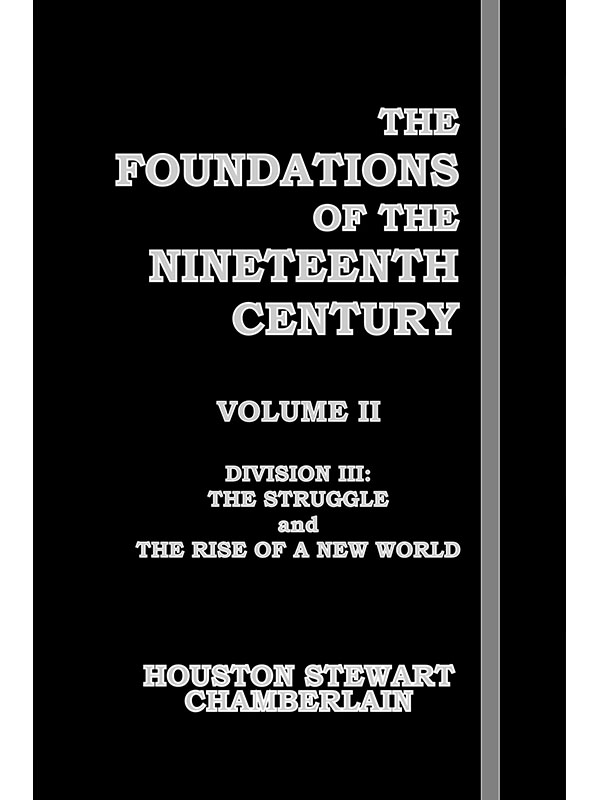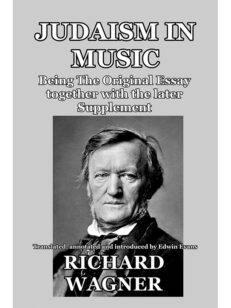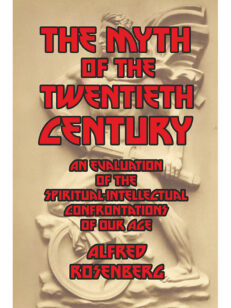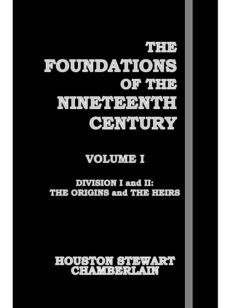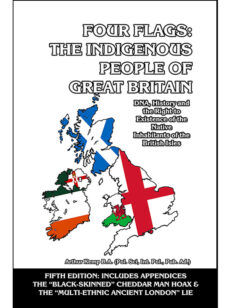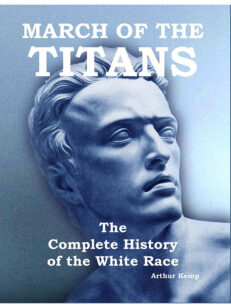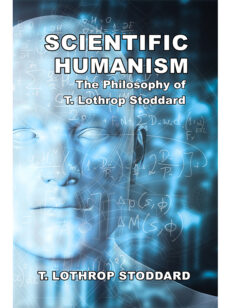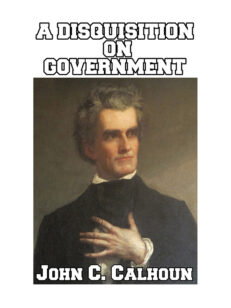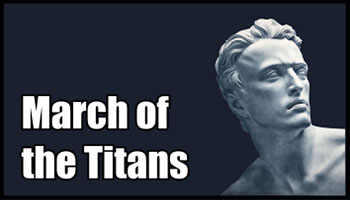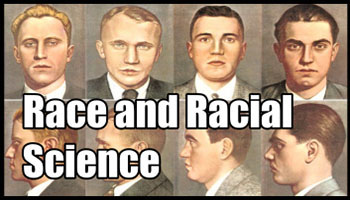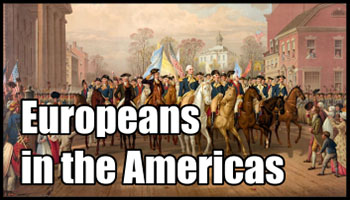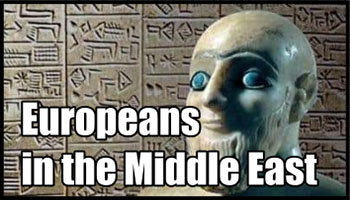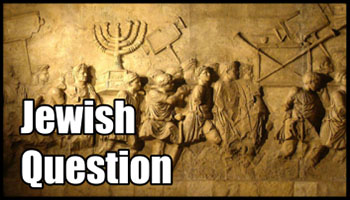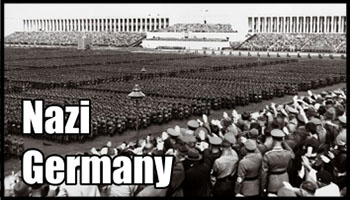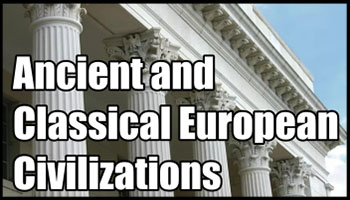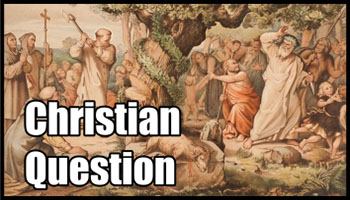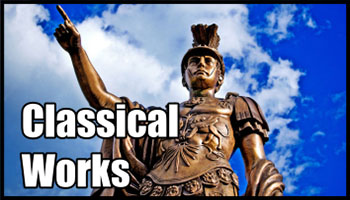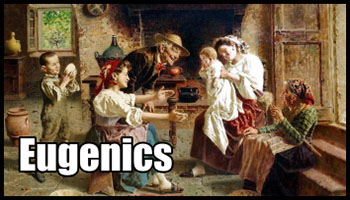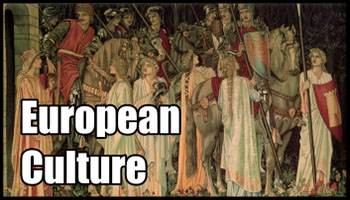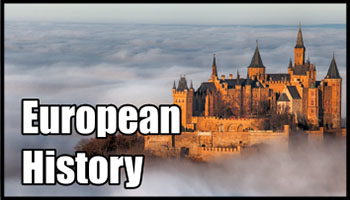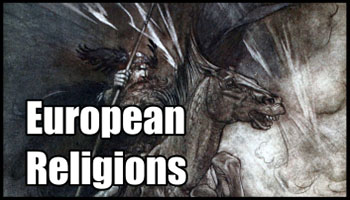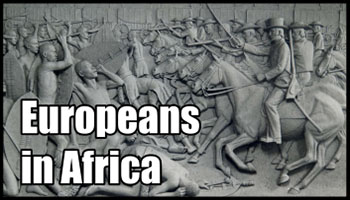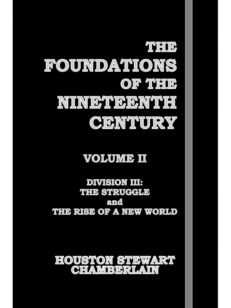Description
The Foundations of the Nineteenth Century Volume II: The Struggle and the Rise of a New World. By Houston Stewart Chamberlain. Translated by John Lees. Introduced by Lord Redesdale. The Foundations of the Nineteenth Century, first published in German as “Die Grundlagen des neunzehnten Jahrhunderts” in 1899, is an intellectual tour de force which juxtaposes European Christian civilization—under the leadership of the Teutonic, or Germanic peoples, against the Semitic world.
Volume II starts with an outline of how the author views Christianity as an integral part of European civilization and distancing it from Judaism. It then moves on to a discussion of the development of the European state from the time of the end of the Roman Empire.
The central thesis of Volume 2 is that all of modern European civilization is a product of the Teutonic people. This theme is then developed in detail in the second part of the book, in a discussion of the history of discovery, science, industry, politics, economy, the church, philosophy and art.
“We have seen that nothing is more characteristic of our Teutonic culture than the fact that the impulse to discover and the impulse to fashion go hand in hand. Contrary to the teaching of our historians we hold that our art and science have never rested; had they done so, we should have ceased to be Teutons. Indeed we see that the one is dependent upon the other; the source of all our inventive talent, of all our genius, even of the whole originality of our civilisation, is nature; yet our philosophers and natural scientists have agreed with Goethe when he said: ‘The worthiest interpreter of nature is art.’
“To transform knowledge into fact! to summarise the past in such a way that we no longer take pride in an empty, borrowed learning concerning things long dead and buried, but make of the knowledge of the past a living, determining power for the present! a knowledge which has so fully entered our consciousness that even unconsciously it determines our judgment! Surely a sublime and worthy aim!”—from the conclusion.
The Foundations was a best-seller which went into eight editions and sold more than a quarter of a million copies by 1938.
This new edition is not a facsimile but has been fully reset and contains the complete original text.
“A monument of erudition.”—The Spectator.
“Glowing with life, packed with fresh and vigorous thought.”—The Birmingham Post.
“It is difficult to over-estimate the stimulating qualities of this book.”—The Glasgow Herald.
“This is one of the books that really matter.”—The Times Literary Supplement.
“A historical masterpiece. Those who fail to read it, will be unable to talk intelligently about contemporary sociological and political problems.”—George Bernard Shaw, writing in the Fabian News.
About the author: English-born Houston Stewart Chamberlain (1855–1927) became an ardent pro-German by his twenty-fifth year and moved permanently to Germany in 1876. There he acquired a BSc in natural science and spent the rest of his life writing works promoting the greater German cause, including writing anti-English wartime propaganda during the First World War. He was also an early supporter of Adolf Hitler and the NSDAP and was the first celebrity to publicly endorse that party at the time of the 1923 Putsch.
Contents
(Division I and II, Chapters One to Six contained in Volume I)
Division III: The Struggle
Introductory: Leading Principles
Seventh Chapter: Religion
Eighth Chapter: State
Second Part: The Rise of a New World
Ninth Chapter: From the Year 1200 to the Year 1800
- The Teutons as Creators of a New Culture
- Historical Survey
- Discovery (From Marco Polo to Galvani)
- Science (From Roger Bacon to Lavoisier)
- Industry (From the Introduction of Paper to Watt’s Steam-engine)
- Political Economy (From the Lombardic League of Cities to Robert Owen, the Founder of Co-operation)
- Politics and Church (From the Introduction of Compulsory Confession, 1215, to the French Revolution)
- Philosophy And Religion (From Francis of Assisi to Immanuel Kant)
- Art (From Giotto to Goethe)
Index
486 Pages. Paperback.

